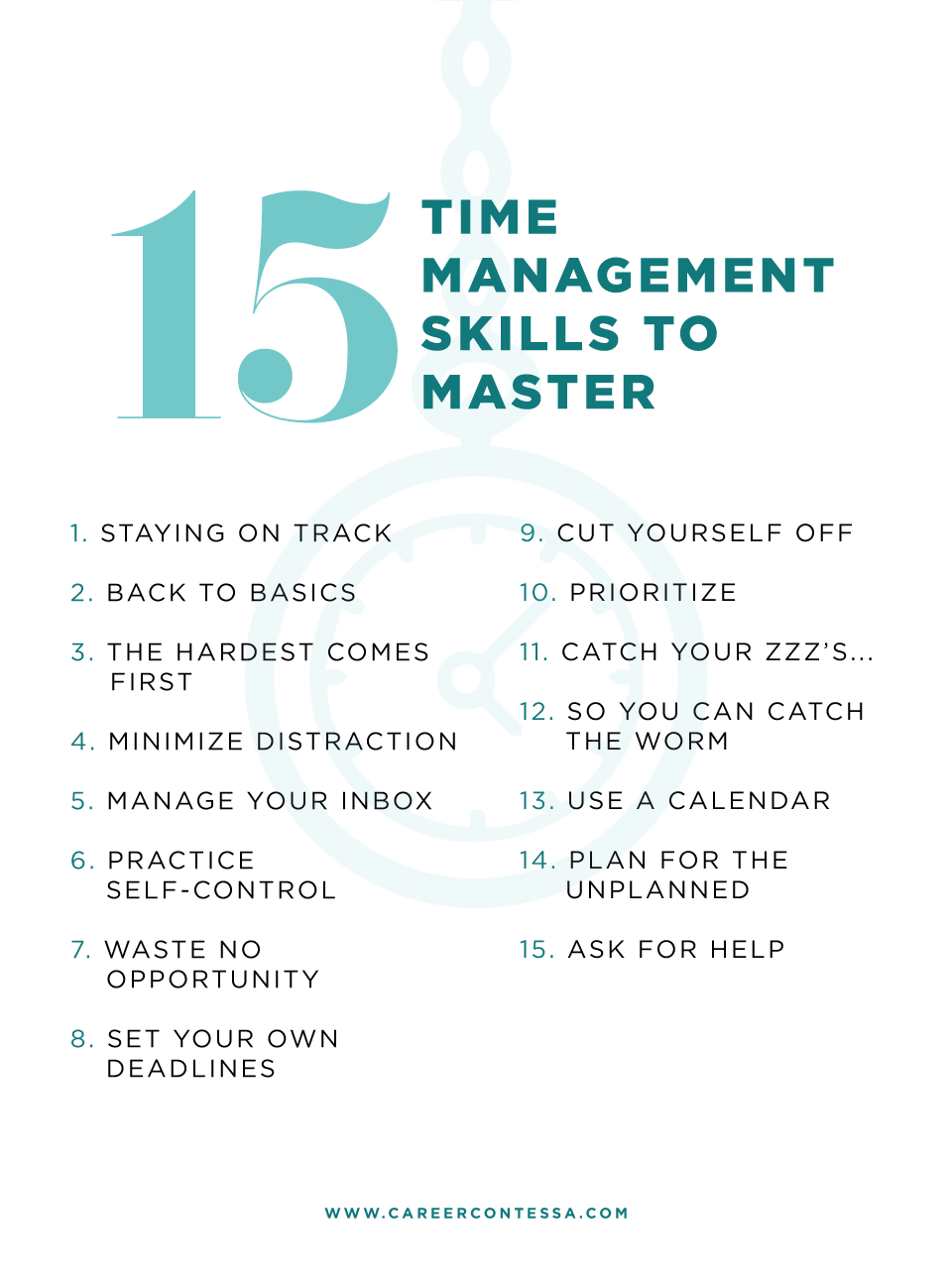As career professionals, we often find ourselves juggling multiple responsibilities and struggling to find a balance between work and personal life. With endless to-do lists, meetings, and deadlines, it’s easy to feel overwhelmed and constantly pressed for time. But fear not! In this blog post, I’m going to share some personal experiences and practical tips for effective time management that have helped me navigate the chaos and achieve a sense of productivity and fulfillment in my career.
First and foremost, let’s tackle the elephant in the room – procrastination. We’ve all been guilty of procrastinating at some point, and it can be a major time killer. Personally, I used to fall into the trap of putting off important tasks until the last minute, which only increased my stress levels and reduced the quality of my work. Over time, I realized that the key to overcoming this habit was to break tasks down into smaller, manageable steps.
By breaking tasks down, I not only felt a sense of accomplishment with each step completed but also made it easier to allocate time for each aspect of a project. This method helped me to stay focused, motivated, and prevent tasks from piling up. Additionally, I found it helpful to establish firm deadlines for each step, allowing me to measure progress and stay on track.
Another crucial aspect of time management is prioritization. As career professionals, we often face an overwhelming number of tasks and responsibilities. It’s essential to identify and prioritize tasks based on their urgency and importance. Personally, I utilize a combination of the Eisenhower Matrix and the MIT (Most Important Task) technique to help me stay organized and focused.
The Eisenhower Matrix involves categorizing tasks into four quadrants: important and urgent, important but not urgent, urgent but not important, and neither important nor urgent. By carefully assessing the importance and urgency of each task, I can allocate my time and energy accordingly.
Similarly, the MIT technique involves identifying the most crucial task that needs to be completed each day and tackling it first thing in the morning. By focusing on the most important task, I ensure that I make progress on the most critical aspects of my work before any distractions or unexpected events arise.
In addition to these strategies, I’ve also discovered the power of delegation. As career professionals, we often feel the need to take on everything ourselves to ensure perfection. But the truth is, we can’t do it all. By delegating tasks to capable colleagues or outsourcing when applicable, I’ve not only lightened my workload but also allowed others to showcase their skills and grow professionally.
Delegation has not only saved me time but also fostered a sense of collaboration and teamwork within my organization. However, it’s crucial to delegate wisely by ensuring that tasks are given to the right person with clear instructions and realistic deadlines. Regular communication and feedback throughout the process are also crucial for successful delegation.
While effective time management is essential, it’s equally important to take breaks and prioritize self-care. Burnout is a real issue in today’s fast-paced work environment, and neglecting our needs can have detrimental effects on our productivity and well-being. By incorporating regular breaks into my schedule, I’ve found that I can maintain focus and energy throughout the day.
Whether it’s taking a short walk, practicing mindfulness, or simply stepping away from the screen for a few minutes, these breaks allow me to recharge and approach tasks with renewed vigor. Additionally, I’ve learned to set boundaries and create a clear separation between work and personal life. This not only helps me maintain a healthier work-life balance but also ensures that I have dedicated time for myself and my loved ones.
Lastly, I strongly believe in the power of technology and tools to enhance time management. There are countless online tools, apps, and platforms available that can help career professionals stay organized, prioritize tasks, and track progress. Personally, I have found project management tools like Asana and Trello to be invaluable in managing complex projects and collaborating with team members.
Additionally, time-tracking apps and Pomodoro timers have helped me stay focused and accountable, ensuring that I allocate dedicated time blocks for specific tasks and avoid distractions.
In conclusion, managing our time effectively as career professionals is a constant challenge, but with the right strategies and mindset, it’s entirely possible to find balance and achieve our goals. By breaking tasks down, prioritizing, delegating, taking breaks, and utilizing technology, we can reclaim control over our time and pave the way for success in both our personal and professional lives. So, let’s bid farewell to time-wasting habits and embrace a more efficient and fulfilling approach to our work. Your future self will thank you!
